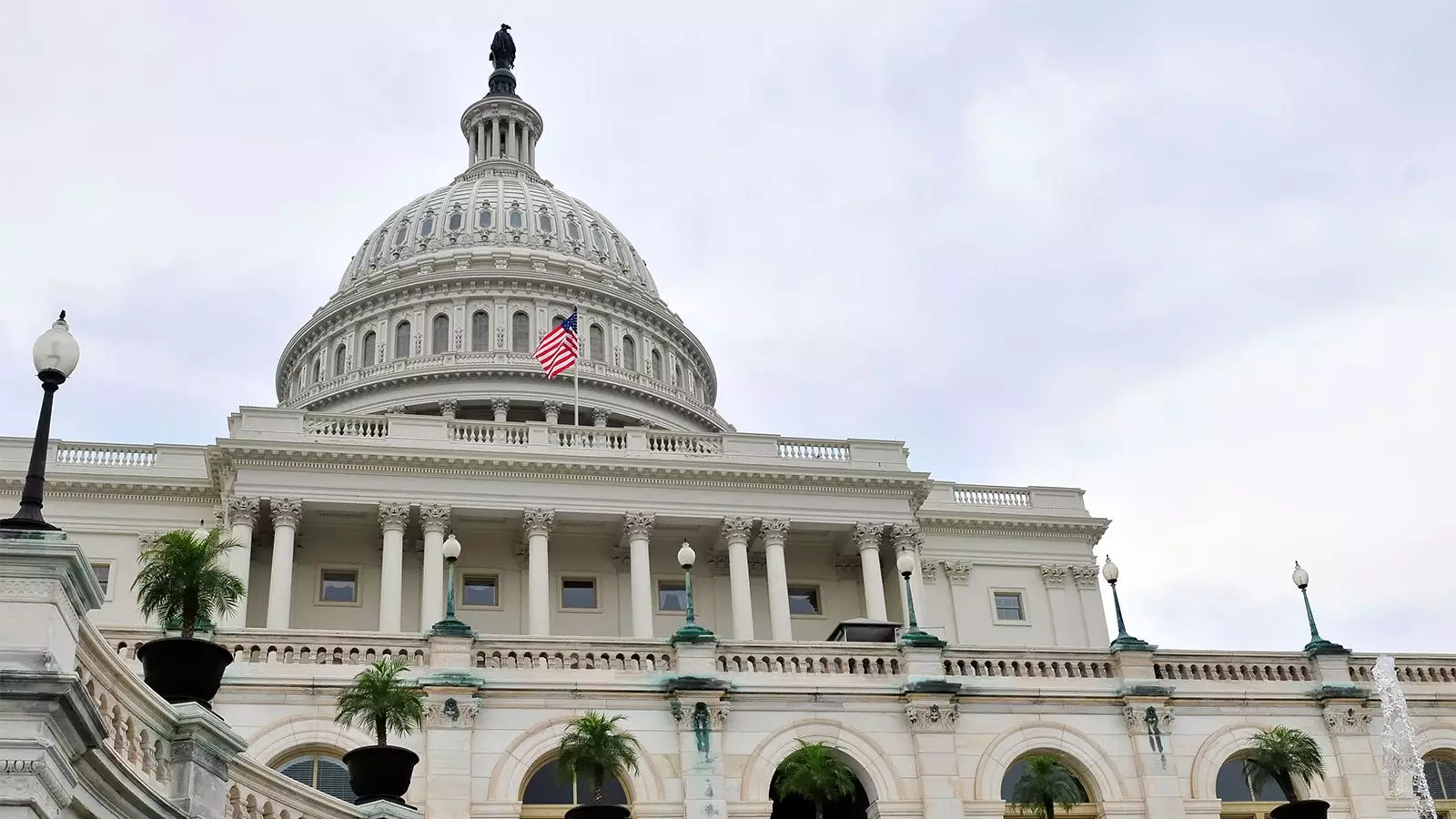One of the biggest challenges facing healthcare professionals in 2025 is the proposed Medicare fee schedule released by CMS. The Medicare “conversion factor” (CF) that is used to calculate payment rates for services and procedures is at an all-time low. The last time such a low CF was seen was back in 1993. This significant decrease in reimbursement rates is a major concern for healthcare providers who serve Medicare patients.
Calculating the Proposed CF
The process CMS uses to calculate the proposed CF for the upcoming year is complex and involves several steps. First, CMS removes the financial support allocated by Congress for the current year, which results in a reduction in the CF. Next, CMS applies an adjustment specified by Congress, which for 2025, is 0% due to no standard annual inflation adjustment for Medicare providers. Finally, a “budget neutrality adjustment” is applied to limit spending increases, resulting in further reduction of the CF.
Specialties like interventional radiology (IR) are expected to take a significant pay cut in 2025 due to the proposed CF. This cut is an unintended consequence of support for other areas of the fee schedule and mandated budget neutrality. IR physicians play a critical role in delivering cost-effective care through minimally invasive procedures and should be incentivized rather than disincentivized with annual pay cuts.
The inadequate Medicare reimbursement rates not keeping pace with inflation pose a threat to Medicare beneficiaries’ access to care. Healthcare professionals are dealing with ongoing challenges like physician burnout due to the stagnant CF. The cost of supplies, rent, and staff have increased over the years, making it difficult for practitioners to sustain their practices.
Congress plays a crucial role in addressing the challenges faced by healthcare professionals due to the Medicare fee schedule. Bills like H.R. 2474 and H.R. 6371 have been introduced to address longstanding concerns with Medicare. The Senate Finance Committee’s establishment of a bipartisan working group and release of a white paper show promising signs of progress in addressing this complex issue.
While the current situation is challenging for healthcare professionals, there is hope for the future. It is essential for Congress to recognize the importance of the Medicare system and take action to protect it. Medicare patients and providers deserve better reimbursement rates that reflect the current realities of healthcare delivery. The efforts of CMS and Congress in addressing the shortcomings of the Medicare fee schedule are crucial for ensuring the sustainability of the healthcare system.

Leave a Reply